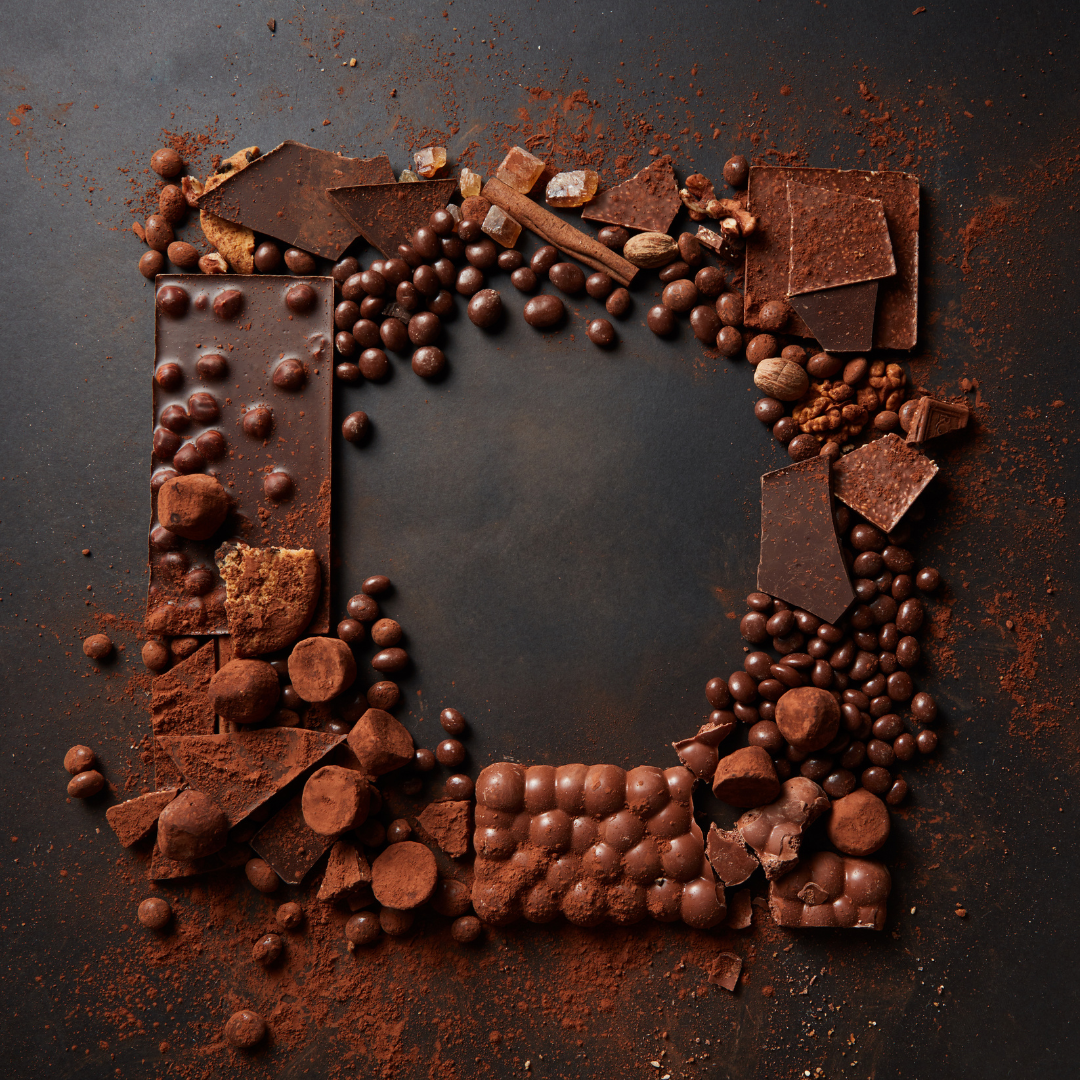Understanding IBS and its Triggers
IBS is a condition without a clear cause, making management a challenge for both patients and healthcare providers. Diet plays a crucial role in managing symptoms, with certain foods triggering discomfort in individuals with IBS. Common triggers include high-fat foods, dairy products, caffeine, and—yes—chocolate. The exact mechanism by which these foods trigger symptoms varies but often involves their impact on gut motility, fermentation by gut bacteria, and sensitivity to certain compounds [1].
The Temptation of Chocolate
Chocolate contains several components that could potentially trigger symptoms in IBS sufferers [2]:
- Caffeine: Found in varying amounts depending on the type of chocolate, caffeine can stimulate the gut and cause discomfort.
- FODMAPs: Fermentable oligosaccharides, disaccharides, monosaccharides, and polyols—collectively known as FODMAPs—are carbohydrates that may be poorly absorbed in some individuals, leading to bloating and gas. Chocolate contains some FODMAPs, notably in the form of fructans (in cocoa) and lactose (in milk chocolate).
- Fat Content: Higher fat content in chocolate, especially in milk and white chocolate varieties, can slow digestion and contribute to symptoms like bloating and cramping.
Types of Chocolate and their Impact
The type of chocolate consumed can significantly influence its impact on IBS symptoms [3]:
- Dark Chocolate: Generally contains less sugar and milk compared to milk chocolate, making it potentially less problematic for some individuals with IBS. However, its higher cocoa content can mean more caffeine and potential FODMAPs.
- Milk Chocolate: Contains more sugar, milk solids, and fats compared to dark chocolate, which can make it more likely to trigger symptoms such as bloating and discomfort.
- White Chocolate: Contains no cocoa solids but is high in sugar and fats from cocoa butter and milk solids, potentially exacerbating symptoms due to its high fat and sugar content.
Managing Chocolate Consumption with IBS
While chocolate may be a challenge for some with IBS, complete avoidance isn't always necessary. Managing chocolate intake involves understanding personal triggers and making informed choices:
- Portion Control: Small amounts of chocolate may be tolerated better than larger servings. This approach allows enjoyment without overwhelming the digestive system.
- Choosing Wisely: Opting for darker varieties with higher cocoa content and less added sugar can reduce the likelihood of triggering symptoms.
- Reading Labels: Checking labels for ingredients and nutritional content helps identify potential triggers such as dairy, artificial sweeteners, and higher fat content.
- Timing: Some individuals find that consuming chocolate earlier in the day or with meals reduces its impact on digestive symptoms compared to eating it on an empty stomach.
Alternative Treats for Chocolate Lovers with IBS
Fortunately, several alternatives can satisfy chocolate cravings without exacerbating symptoms:
- Carob: A naturally sweet, caffeine-free alternative to chocolate that resembles its taste and texture.
- Low-FODMAP Chocolate: Specialised products are available that minimise FODMAP content, making them suitable for those following a low-FODMAP diet.
- Cocoa Nibs: Small pieces of crushed cocoa beans that offer the rich flavour of chocolate without the added ingredients that might trigger symptoms.
The Psychological Aspect: Chocolate and Well-Being
Beyond its nutritional content, chocolate holds significant emotional value for many. Its association with comfort, reward, and celebration can impact mental well-being, which is equally important in managing chronic conditions like IBS. Finding ways to enjoy treats sensibly and in moderation can contribute to overall quality of life.
Conclusion
As World Chocolate Day approaches, chocolate lovers with IBS navigate a delicate balance between enjoyment and symptom management. Understanding personal triggers, making informed choices, and exploring alternatives enable individuals to indulge in the celebration without compromising digestive comfort. With ongoing research and personalised approaches to diet and health, the relationship between chocolate and IBS continues to evolve, offering hope for improved quality of life. This World Chocolate Day, let's celebrate responsibly, ensuring that everyone can savour the bittersweet delights of chocolate in ways that support their well-being.
References
- Trull, K. (2023, July 28). What causes IBS? Everything to know. Medical News. https://www.medicalnewstoday.com/articles/what-causes-ibs
- Cozma-Petrut, A., Loghin, F., Miere, D., & Dumitrascu, D. (2017). Diet in irritable bowel syndrome: What to recommend, not what to forbid to patients!. World Journal of Gastroenterology, 23(21), 3371-3783. https://pubmed.ncbi.nlm.nih.gov/28638217/
- Montagna, MT., Diella, G., Triggiano, F., Caponio, GR., De Giglio, O., Caggiano, G., Di Ciaula, A., & Portincasa, P. (2019). Chocolate, "Food of the Gods": History, Science, and Human Health. International Journal of Environmental Research and Public Health, 16(24). https://doi.org/10.3390/ijerph16244960




